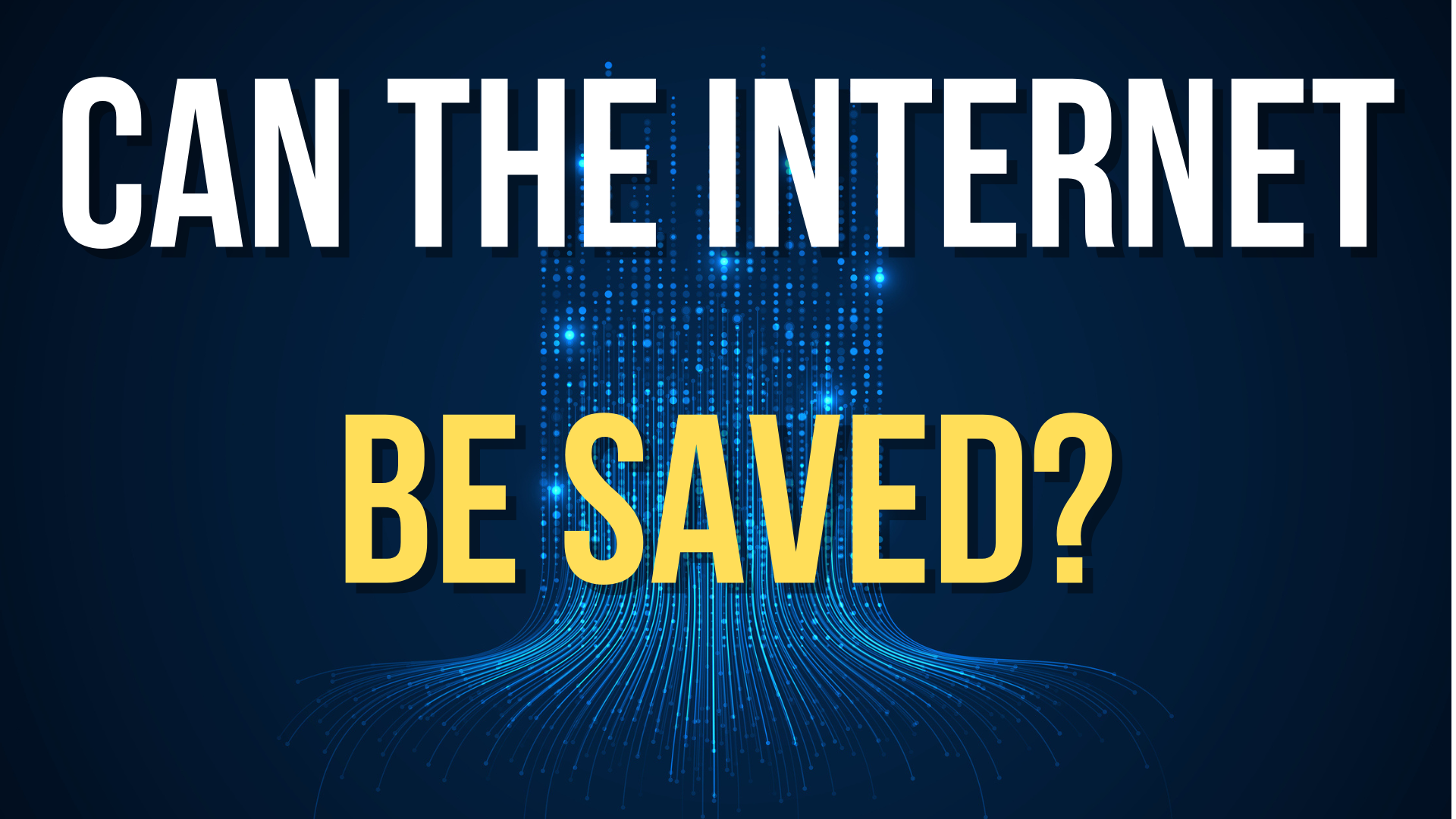As my colleague Paul Guppy detailed in a blog post last week and discussed on WPC on the Go, the Supreme Court's recent decision in Loper Bright Enterprises v. Raimondo et al. weakens regulatory powers from unaccountable bureaucrats. While this has widespread implications, one potential outcome could be reigning in the Federal Communications Commission (FCC) and their ability to classify the internet as a Title II communications service.
Reclassifying the internet from an information service (Title I) to a communication service (Title II) gives the FCC much more control over regulations governing broadband companies, including the rules under the principle of "net neutrality." I've argued why giving the FCC this authority is a bad idea, and the Loper ruling now gives another breath of life into the fight against overregulating the internet.
(As an aside, this would not directly impact Washington's own net neutrality law, which would stay in place regardless of the national ruling. That being said, while net neutrality principles are part of the FCC's reclassification rules, their reach would go far beyond net neutrality principles and could hypothetically implement rate regulation and other innovation-killing policies.)
In 2000, the Ninth Circuit ruled that the internet best fit under Title II rather than Title I. Thanks to the 'Chevron deference' the court was always going to have the scales tipped toward the FCC. Now that Loper has removed the standard of deferring to government agencies, it's not as clear whether an unelected agency like the FCC can get away with rule changes that significantly impact U.S. citizens.
In 2022, the Supreme Court's decision in West Virginia v. Environmental Protection Agency strengthened a principle known as the "major questions doctrine." This runs challenged regulations which are not directly authorized by law through a test of political importance and economic impact. Essentially, is the rule a big enough deal that it should have congressional oversight. If the rule does have a significant impact, it should be struck down with the purpose of having elected representatives give express authority to the agency or a specific directive.
Between this fortification of the major questions doctrine and removal of Chevron deference, the Supreme Court has now cleared the way for a challenge to the FCC's authority to reclassify the internet. Whether a challenge comes or will be successful is yet to be seen, but the ground is fertile for a challenge. In my opinion, the reclassification meets the threshold for the major questions doctrine: it's politically important as the internet affects the vast majority of Americans and it's economically important as it's the backbone of our modern economy. Now that a court would no longer default to ruling in favor of the FCC's interpretation of authority, it seems as though it could be overturned until congress officially legislates on the matter.






